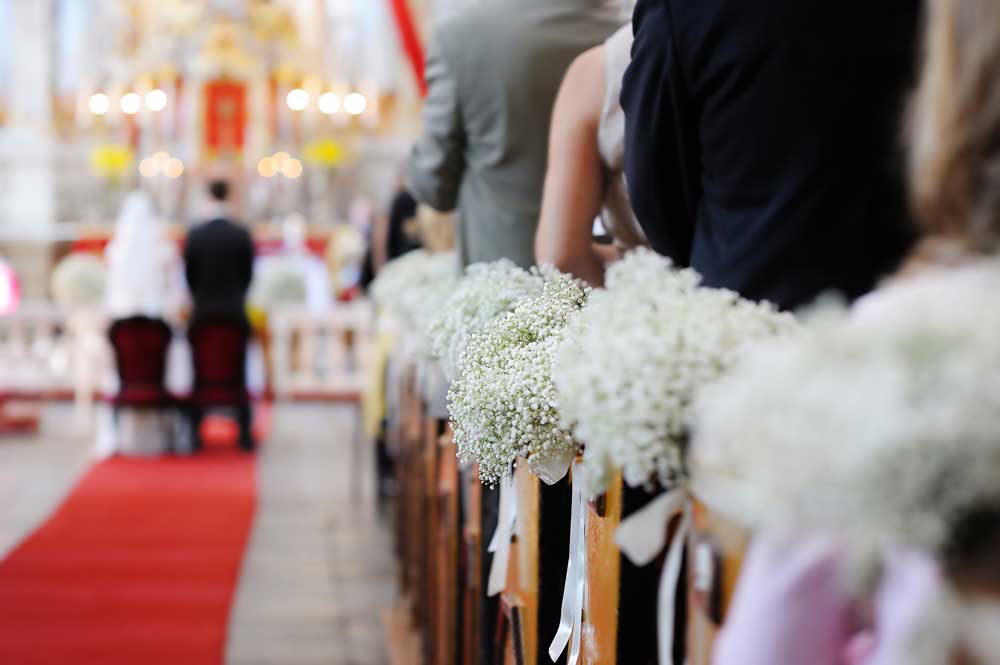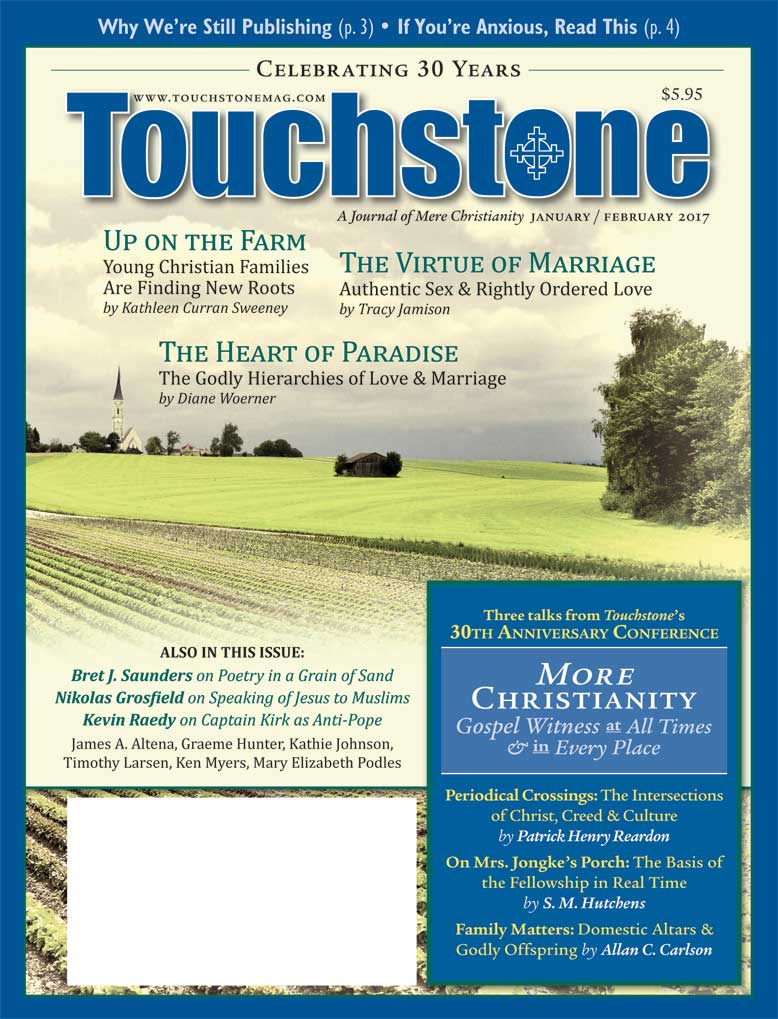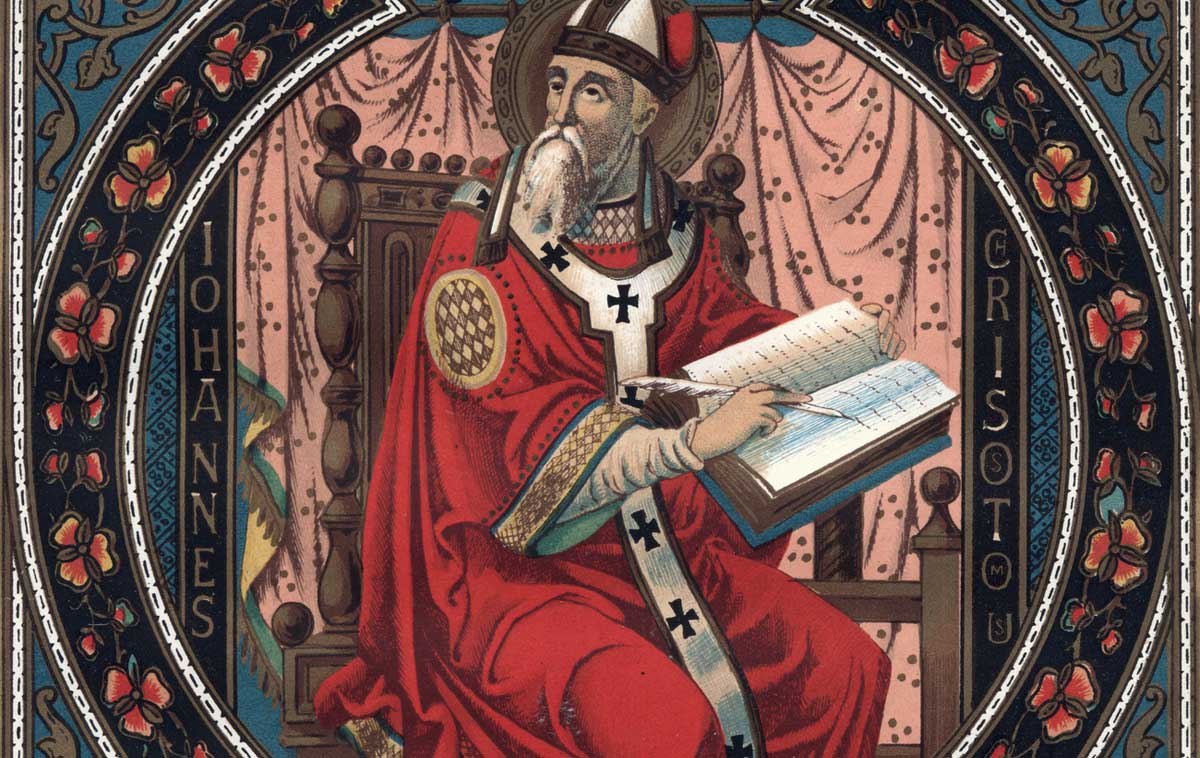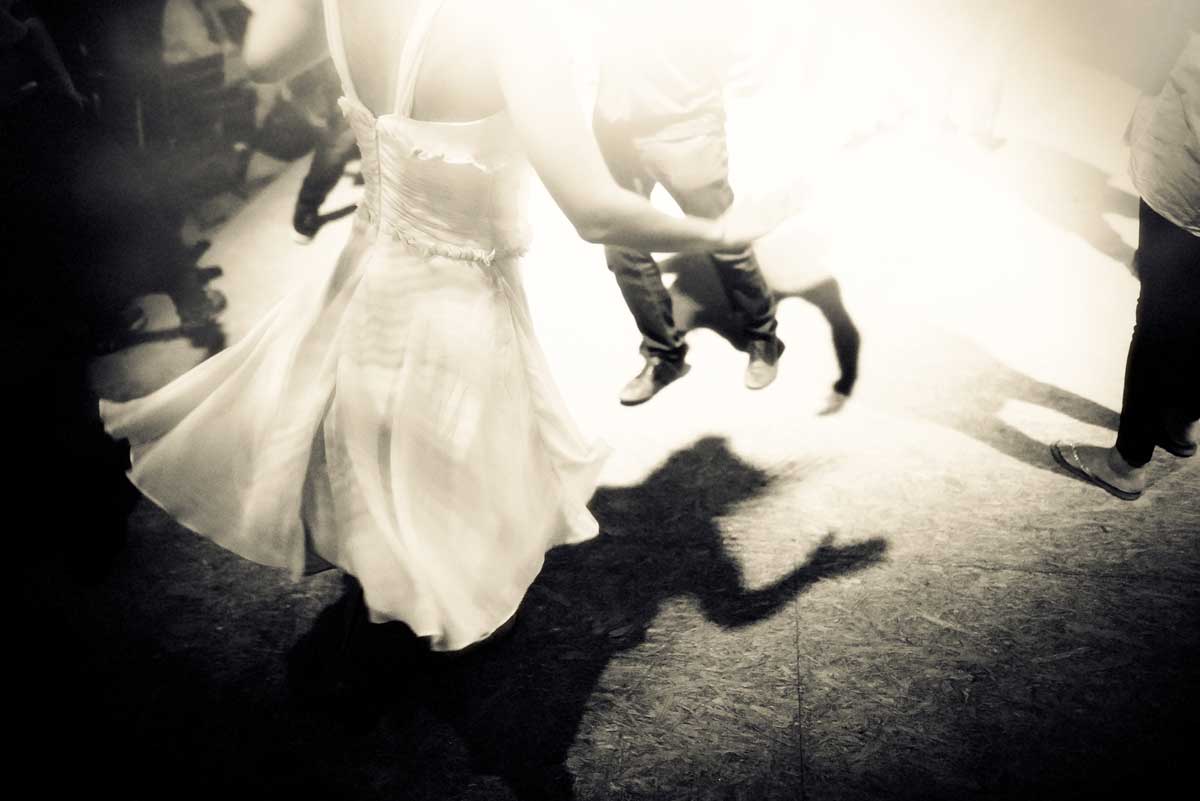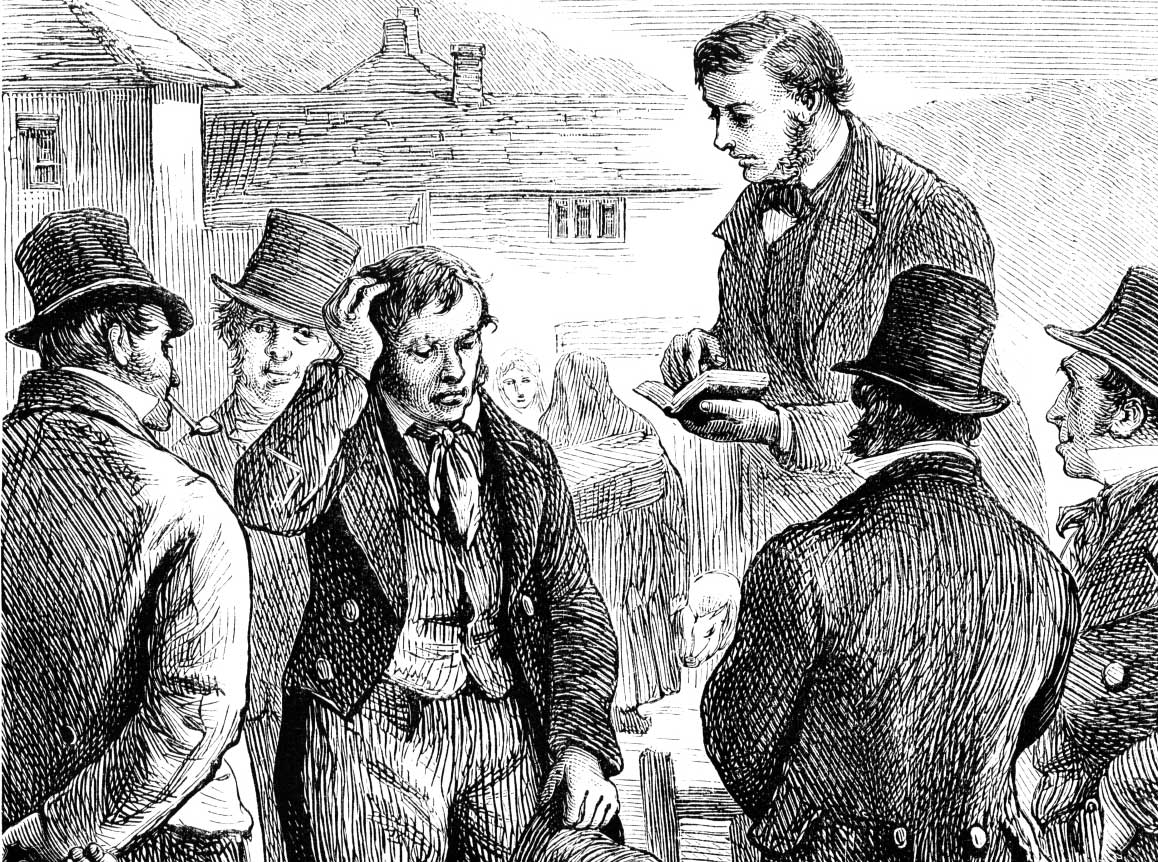Feature
The Heart of Paradise
The Godly Hierarchies of Love & Marriage
As we struggle to find the reasons for our alarming freefall into sexual chaos, many would look for terminal markers in our own history. Was it the point where we grew lax about divorce? Was it our access to birth control that allowed us to separate sexual activity from its natural consequence? Others would go deeper, citing the impulse toward independence and individualism celebrated as undergirding the nation's birth. Then there's the present reality that most people in the Western world no longer spend large portions of their mental, emotional, and physical energies on matters of basic survival, but now have the leisure for experimentation that has not characterized the greater span of human history.
All of these factors are real and important, but in my estimation they don't reach back far enough. I would bid us return to the Garden, to the very ground out of which all human fallenness has grown and flowered. We who know Christ are very familiar with the primary expressions of our separation from God: our pride and lusts and anger and doubts. We are also very conscious of the fallenness of our natural world, with its disasters and diseases and perpetual dyings. But I would suggest there may be elements of our sexual fallenness that are primal and no longer clearly grasped even within the churches. Because of this loss, our footing in our current cultural upheaval is often less than sure.
The Divine Hierarchy
To understand these lost elements, we actually need to step outside creation to the nature of the Trinity itself. Within the functioning of their relationship the Godhead expresses—with a perfection we can see only dimly—a mysterious and marvelous form of hierarchy that permeates the created order as well.
Technically, hierarchy requires three things: sameness, differentiation, and connectedness. For example, we see little hierarchy between an apple and an alligator, for their sameness is minimal and their connectedness only incidental. Because most would agree that the Godhead represents complete connectedness, the questions that require our attention are the nature of its Persons' sameness and the nature of their differentiation.
With regard to sameness, many will point to Philippians 2:6, which (in the KJV) says that Jesus, "being in the form of God, thought it not robbery to be equal with God." I would propose that this rendering of the text is not conclusive. Another viable rendering is that of the ESV, which says, "though he was in the form of God, did not count equality with God a thing to be grasped."
The image of robbery, or grasping, gives a picture not of ownership but of acquisition. Paul underscores the unity of "form" (morphe) shared by the Father and Son, but implies there was a kind of equality (isos) that the Son chose not to reach out for (harpazo). This interpretation gains an important depth when we compare it to Lucifer's brazen aspiration in Isaiah 14:14, "I will be like the Most High."
As Paul points out, beyond this relinquishment of possible positional equality with the Father, the Son also endured the Incarnation, his other extreme humiliations, and his sacrifice. It was because of the full range of his submissive obedience that he has been raised to a place of highest honor, second only to that of the Father (Phil. 2:9–11).
Perhaps a more precise view of the sameness of the Father and Son can be found in Hebrews 1:3, where Christ is described as "the radiance of the glory of God and the exact imprint of his nature." This gives us an idea of their perfect unity. When Jesus told Philip, "He who has seen me has seen the Father" (John 14:9), he was making a statement about the perfect accord of their natures and desires. He went on to explain:
Do you not believe that I am in the Father, and the Father in me? The words that I speak to you I do not speak on my own authority, but the Father who dwells in me does the works. Believe me that I am in the Father and the Father in me, or else believe me for the sake of the works themselves. (14:10–11)
Diane Woerner is a homemaker who lives near Centerville, Tennessee. Her website is www.bereansnotepad.com.
subscription options
Order
Print/Online Subscription

Get six issues (one year) of Touchstone PLUS full online access including pdf downloads for only $39.95. That's only $3.34 per month!
Order
Online Only
Subscription

Get a one-year full-access subscription to the Touchstone online archives for only $19.95. That's only $1.66 per month!
bulk subscriptions
Order Touchstone subscriptions in bulk and save $10 per sub! Each subscription includes 6 issues of Touchstone plus full online access to touchstonemag.com—including archives, videos, and pdf downloads of recent issues for only $29.95 each! Great for churches or study groups.
Transactions will be processed on a secure server.
more on marriage from the online archives
more from the online archives
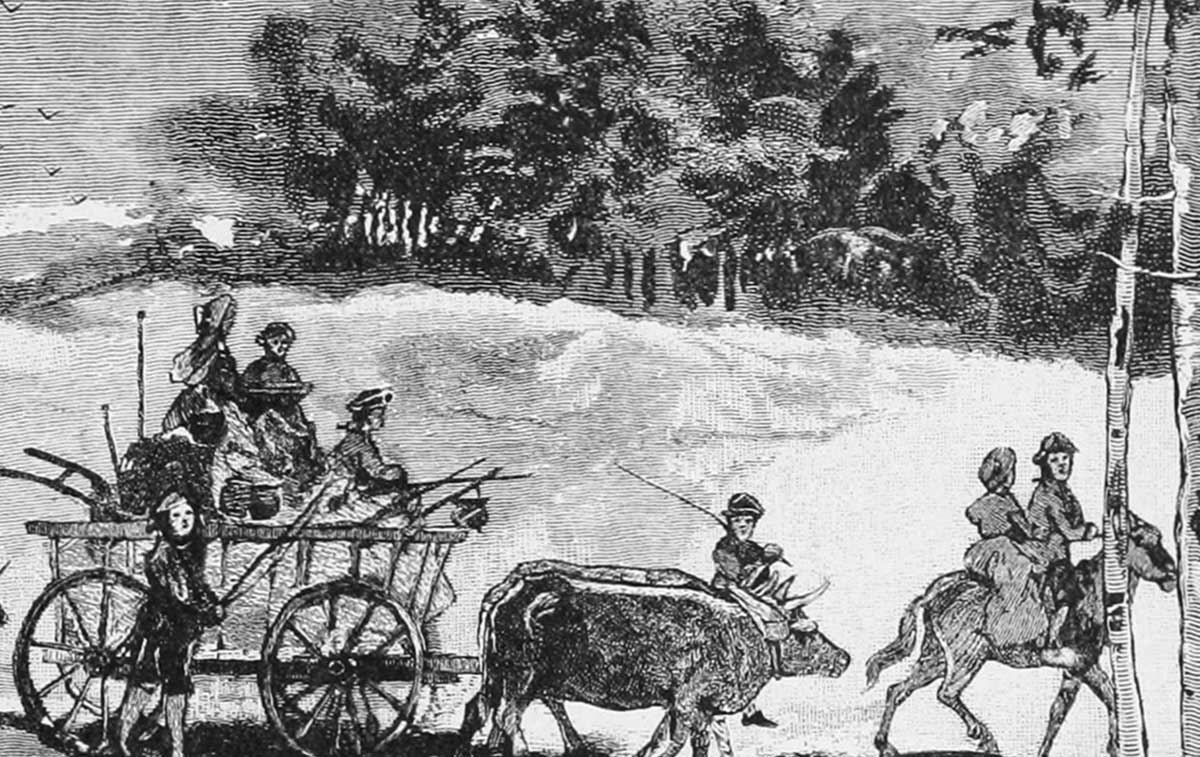
31.5—September/October 2018
Errands into the Moral Wilderness
Forms of Christian Family Witness & Renewal by Allan C. Carlson
calling all readers
Please Donate
"There are magazines worth reading but few worth saving . . . Touchstone is just such a magazine."
—Alice von Hildebrand
"Here we do not concede one square millimeter of territory to falsehood, folly, contemporary sentimentality, or fashion. We speak the truth, and let God be our judge. . . . Touchstone is the one committedly Christian conservative journal."
—Anthony Esolen, Touchstone senior editor





